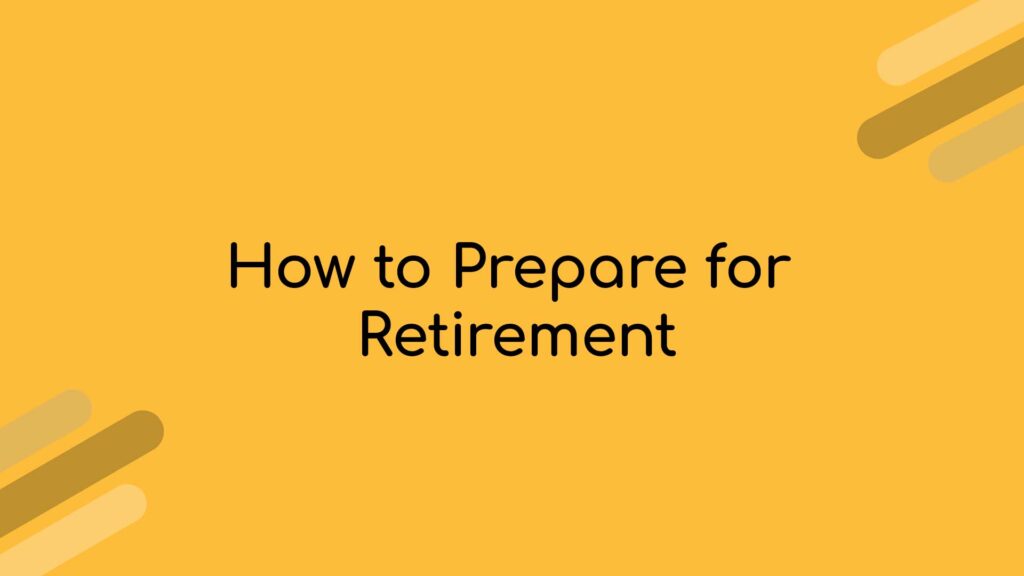What’s going on?
We’ve seen some unnerving drops in stock prices over the recent past and the media have been tripping over each other to see who can spin the most dire narrative. Multiple studies show that people won’t engage and watch TV shows or read articles when the news is good. (In other words, if you want to sell access to your audience you have to have one.)
The big trigger, of course, has been the trading spat with China. These kinds of issues are macro economic in that they affect, not just the two biggest economies in the world, but all nation’s economies.
Many other countries are dropping interest-rates to weaken their currency. It helps offset some of the effects of tariffs. That can be particularly difficult for US exporters, and hence, the reason that Trump has spoken out about his belief that we should be doing things to weaken our currency. As you can see, this can get complicated in a hurry. That is why it is wise to avoid trying to time markets and change portfolios based on predictions about the future. There are too many moving parts.
You have probably heard about countries around the world charging money to actually deposit with their financial institutions. These negative interest rates are a result of lack of demand for capital. There is no need to produce things that people don’t buy. The lack of demand is a result of lower incomes and economic problems, many of which are caused by too much government intervention in the economies of other countries.
Well wait a minute… China has lots of government intervention and they are doing well. Consider this…. If China was so great, they wouldn’t be the second largest economy in the world. They would be number one by a longshot based on the number of people they have. “New estimates from the U.S. Census Bureau put China in the lead with 1.34 billion residents, followed by India with 1.19 billion. The United States is a distant third with 311.1 million people. …” (source: Biz Journals)
Interest rates on 10 year treasury’s have dropped to well below the long term inflation rate.
(It reminds me of the Warren Buffett quote:
“I’m no good on what’s going on in markets. I have no idea what will happen tomorrow or next week,” the chairman and CEO of Berkshire Hathaway told CNBC. “Sometimes they get very volatile like this and other times they put you to sleep, but the important thing is where they’re going to be in 5 to 10 years. And I’m confident that they’ll be considerably higher in 10 years, and I really have no idea where they’ll be in 10 days or 10 months.”)
I’d hate to almost guarantee myself a negative return over 10 years. That is the significant risk being taken by people who invest too heavily in fixed income investments.
We certainly have them in portfolios of people at or near retirement. In fact, our focus on safety in the bond portfolios has been helpful in that those bonds have rallied recently with the market volatility.
How might companies adapt?
At this time, US manufacturers are looking for other suppliers in countries outside of China. Another risk to China is that companies operating there will move to avoid the tariffs. That would solve the supply problem and can create tremendous pressure for China to resolve this trade issue. That is in addition to pressure caused by investors pulling capital out of China. Nobody wants to own a currency that declines in value.
Moving isn’t something a company would do on a whim, however, because of logistics (training new employees/moving facilities/and a host of other hurdles), and the possibility that this trade dispute could be over rather quickly. Companies can also reduce expenses if the economy slows down. This may be painful to an economy, but the purpose of a company is to maintain profitability and that is their mandate.
What else weighs on stocks?
Companies are struggling with trying to determine how the tariff and economic conditions will resolve, so they are hesitant to spend money they have on capital projects.
It is a challenge to predict future profitability under these conditions, so sellers must take whatever they can get for stocks and buyers will offer them a lowball price to compensate them for taking that risk.
That clarity will come in time, but those who are impatient run a significant risk of missing it.
Want to learn more about what we do?
Market downturns are all normal part of the investing process. If it weren’t for market volatility, stocks would historically provide no greater returns than CDs.
*Advisory services offered through Paul Winkler, Inc. (‘PWI’), a Registered Investment Advisor. PWI does not provide tax or legal advice: please consult your tax or legal advisor regarding your particular situation. This information is provided for informational purposes only and should not be construed to be a solicitation for the purchase of sale of any securities





